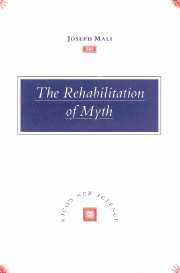4 - The revision of history
Published online by Cambridge University Press: 30 September 2009
Summary
For the history of civilization the perennial dream of a sublime life has the value of a very important reality. And even political history itself, under penalty of neglecting actual facts, is bound to take illusions, vanities, follies, into account. There is not a more dangerous tendency in history than that of representing the past as if it were a rational whole and dictated by clearly defined interests.
Johan Huizinga, The Waning of the Middle Ages, ch. 7Vulgar traditions must have had public grounds of truth, by virtue of which they came into being and were preserved by entire peoples over long periods of time.
G. B. Vico, The New Science, par. 149In recent scholarship on the Enlightenment it has become a truism that this era must not be regarded as the ‘Age of Reason’, but rather as the ‘Age of Criticism’. Whereas the former label has acquired derogatory connotations, signifying, among other things, the Enlightenment's naïve and destructive faith in the omnipotence of reason, the latter label and the concept of criticism appear to depict more accurately the cultural ideology which motivated this movement. Above all, however, the label ‘Age of Criticism’ is more accurate because it is compatible with the way in which some of the leading thinkers of the Enlightenment saw their age. Thus, in the preface to the Critique of Pure Reason Kant identifies his age as one of Kritik to which everything must submit.
- Type
- Chapter
- Information
- The Rehabilitation of MythVico's 'New Science', pp. 210 - 265Publisher: Cambridge University PressPrint publication year: 1992

